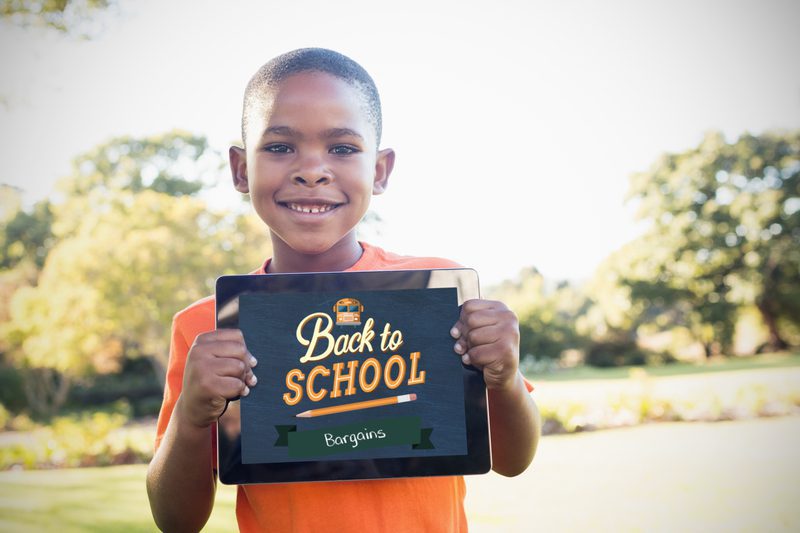Transitioning back to school after a break can be challenging for many children, especially if they experience anxiety. As a parent or educator, there are several strategies you can use to help children cope with anxiety and make the transition smoother:
- Open Communication: Encourage open conversations about their feelings and concerns regarding returning to school. Be empathetic and validate their emotions, letting them know it’s normal to feel anxious.
- Establish a Routine: Before the school starts, gradually reintroduce a school-day routine, including regular wake-up times, meals, and bedtime. A consistent schedule can help reduce anxiety by providing a sense of predictability.
- Visit the School: If possible, arrange a visit to the school before the official start date. Familiarizing them with the school environment can help ease anxiety by making it feel less unknown.
- Positive Reinforcement: Praise and acknowledge their strengths, emphasizing that they can handle challenges. Positivity can boost their confidence and make them more resilient.
- Break Tasks into Smaller Steps: Help your child focus on one step at a time, whether it’s getting ready for school or completing an assignment. Breaking tasks into smaller, manageable parts can reduce feelings of overwhelm.
- Teach Relaxation Techniques: Practice deep breathing exercises, mindfulness, or progressive muscle relaxation techniques with your child. These techniques can help them manage anxiety when they feel overwhelmed.
- Encourage Problem-Solving: Teach your child problem-solving skills, so they feel more empowered to handle situations that cause anxiety. Let them brainstorm solutions and evaluate different options.
- Model Calmness: Children often learn from their parents’ behavior. Model a calm and positive attitude when discussing school-related topics to demonstrate healthy coping mechanisms.
- Create a Safe Space: Establish a safe and supportive environment at home where your child feels comfortable expressing their emotions without judgment.
- Stay Informed: Stay in touch with your child’s teachers and school staff. Knowing what to expect in the upcoming school year can help both you and your child feel more prepared.
- Encourage Social Interaction: Help your child build social skills and confidence by arranging playdates or activities with classmates before the school year begins.
- Seek Professional Help if Needed: If your child’s anxiety persists or significantly interferes with their daily life, consider seeking help from a mental health professional with experience in working with children.














